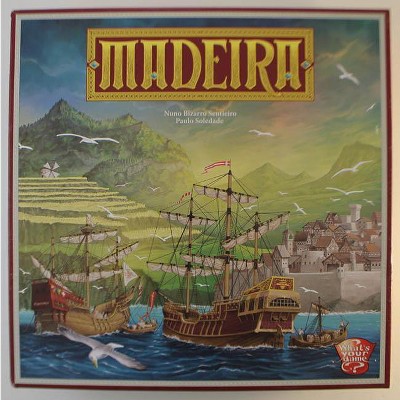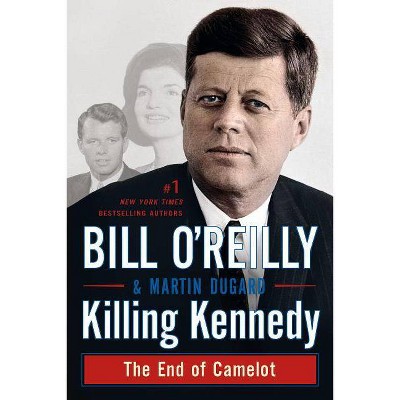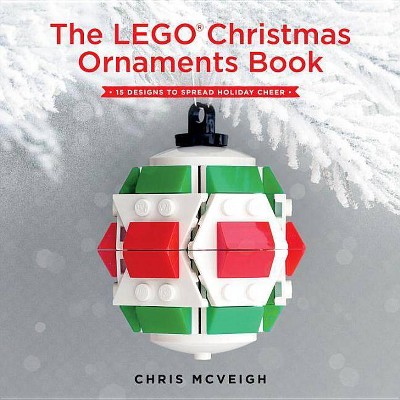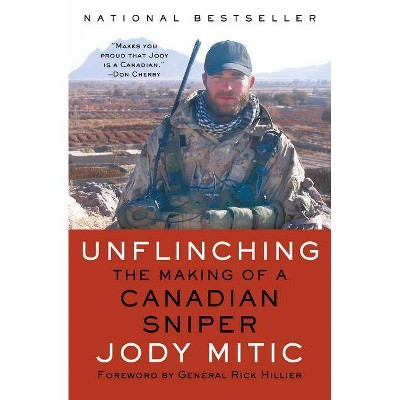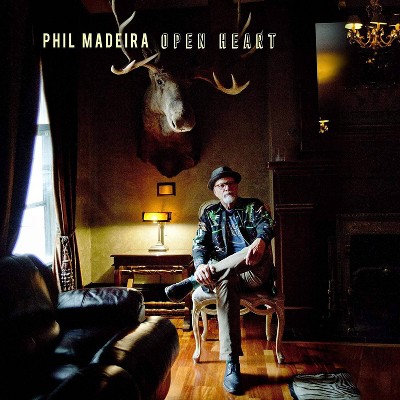Killing McVeigh - by Jody Lyneé Madeira (Paperback)
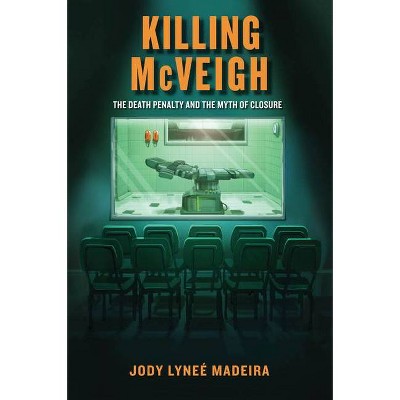
Similar Products
Products of same category from the store
AllProduct info
<p/><br></br><p><b> Book Synopsis </b></p></br></br>- "A faithful account." - Richard C. Dieter, Executive Director, Death Penalty Information Center</p> - "In-depth, fair-minded and sensitive." - Carol Steiker, Henry J. Friendly Professor of Law, Harvard Law School</p> - "Intense yet compassionate." - Sister Helen Prejean, author of <em>Dead Man Walking</em></p> - "Clearly written and persuasive." - Harry Charles, <em>Library Journal</em></p> - "Sensitive, nuanced, and empathetic." - <em>Contemporary Psychology</em></p> - "Provocative, interesting, and deserve[s] attention." - <em>Choice</em></p> "Important, comprehensive, and insightful analysis." - <em>Rutgers</em><p/><br></br><p><b> Review Quotes </b></p></br></br><br>Clearly written and persuasive, this is an important contribution to the literature of closure.--Harry Charles "Library Journal"<br><br>Everyone seems to have an opinion about whether the execution of murderers can offer 'closure' to the victims loved ones. Finally, we have a study that has investigated the largest, most media-saturated mass murder and execution in recent timesthe Oklahoma City bombing and the execution of Timothy McVeigh. Madeiras in-depth, fair-minded, and sensitive account opens a window for us into the struggles of those affected and explores the complicated role that our public institutions of criminal justice play in the complex and difficult work of reconstructing life after atrocity.--Carol Steiker, Henry J. Friendly Professor of Law, Harvard Law School<br><br>Important, comprehensive, and insightful analysis.-- "Rutgers"<br><br>Intense yet compassionate, Killing McVeigh is a window into the horror, trauma and outrage experienced by the survivors and family members of the 168 victims murdered in the Oklahoma City bombing.This important volume thoughtfully chronicles the challenges encountered in the victims' quest for healing, testifies to the importance of attending to anger and grieving, and affirms the continuation of life in the aftermath of murder and loss. Madeira provides us with a blueprint for reengaging with closure and healing, penetrating glib rhetoric to chronicle both the blessings of friendship and community and the wrenching experiences of incessant media crisis coverage and capital proceedings, while identifying new challenges that confront us in this age of terrorism.--Sister Helen Prejean, author of Dead Man Walking<br><br>Killing McVeighconfronts us with a kind of reality that few of us ever experience. What Madeira achieves is the appreciation of a reality that is at once known and unknown. She accomplishes this through the painstaking detailing of survivors' narratives, making it more difficult for us to hold this knowledge at a distance so we remain safe, untouched by tragedy. Her work reminds us that we are never completely beyond the reach of terror and once traumatized, the wounds are there and unremitting. Yet, she does not leave us without hope. Madeira's detailed, first [hand] narratives of grief and adaptation provide a very personal view . . . of resoluteness, situated in one of the most disturbing chapters of our collective history.--Ronald C. Naso<br><br>Madeira proves a sensitive, nuanced, and empathetic witness to the painful journeys of the [Oklahoma City] survivors' and victims' families.-- "Contemporary Psychology"<br><br>Madeira's book does a great service to the nation because it helps explain, using a tragedy and a trial we all remember, how differently victims of crime react to the legal process that takes hold in a high-profile case.-- "The Atlantic"<br><br>Sixteen years after the horror of the Oklahoma City bombing, it may now be possible to examine that dark day with some objectivity. In Killing McVeigh, Professor Madeira offers a faithful account of what followed through the words of victims and survivors. Her analysis shows how the death penalty forced so much energy and focus to be put on McVeigh, and how difficult it is to make sense of such a tragedy.--Richard C. Dieter, Executive Director, Death Penalty Information Center<br><br>This is an important book . . . . Madeira's thoughts on closure and the workings of memory are provocative, interesting, and deserve attention.-- "Choice"<br>
Price History
Price Archive shows prices from various stores, lets you see history and find the cheapest. There is no actual sale on the website. For all support, inquiry and suggestion messages communication@pricearchive.us

